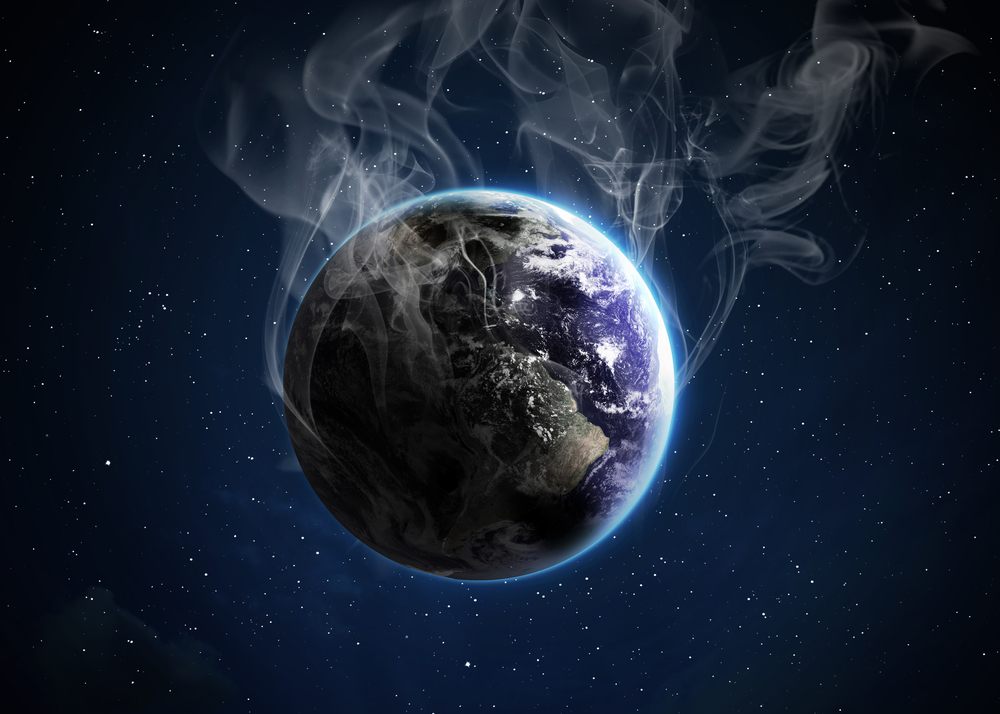Breaking
Annual checkup on Earth’s climate says we’re in hotter water
WASHINGTON — In their annual, detailed physical of Earth’s climate, scientists say the world is in increasingly hot and rising water.
The National Oceanic and Atmospheric Administration and the American Meteorological Society’s annual state of the climate report, released Thursday, delves into the details of already reported record-smashing warmth globally in 2014, giving special attention to the world’s oceans.
NOAA climate monitoring chief Deke Arndt, co-editor of the report, said the seas last year “were just ridiculous.”
The report said ocean surface temperatures were the warmest in 135 years of records, with the seas holding record levels of heat energy down to 2,300 feet below the surface. Sea level also hit modern highs, partly because warmer water expands.
About 93 percent of the man-made heat energy from the burning of fossil fuels went into the world’s oceans, said NOAA oceanographer Greg Johnson.
And that heat energy trapped in the ocean affects all sorts of weather, including providing more fuel for tropical cyclones, said Tom Karl, director of NOAA’s National Centers for Environmental Information.
All sorts of warming events shifted into overdrive, especially in the Pacific. In addition to a brewing El Nino – where weather worldwide is changed by warm water in parts of the central Pacific – there was a warming of the northeast Pacific nicknamed “The Blob” and a larger scale warming called the Pacific Decadal Oscillation, which often coincides with faster warming of the planet, Johnson said.
Johnson said subtropical fish not normally seen that far north were appearing off the coast of an unusually warm Alaska.
More than 400 scientists wrote the peer-reviewed 292-page study, the 25th year that the climate checkup was conducted. Its highlights include:
-Four different measuring systems concluded that 2014 was hottest year on record on Earth’s surface. However, because of margins of error, there’s a chance it could only be second hottest.
-Many places, such as Europe, not only had record heat on average, but record patches of extreme heat.
-There were 91 tropical cyclones worldwide in 2014, slightly more than the 30-year average of 82.
-Permafrost in Alaska measuring sites thawed, as temperatures at 65 feet underground set record highs for the second year in a row.
-Glaciers worldwide continued to shrink, but not at a record pace.
-Arctic sea ice, while not at a record setting low last year, is still declining over the long-term.
-However, Antarctic sea ice hit record high levels for the third straight year; different factors aside from temperature have been a cause, said NOAA climate scientist Jessica Blunden.
Jeff Severinghaus of the Scripps Institution of Oceanography, who wasn’t part of the report, said if this is Earth’s annual checkup, “the doctor is saying `you are gravely ill.'”
Read: NOAA’s State of the Climate






















